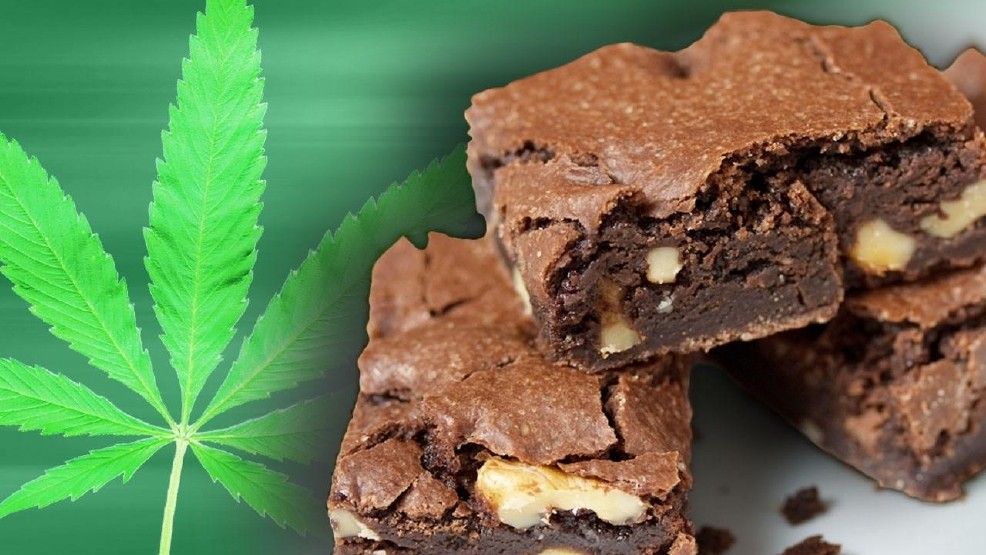
Four teenagers in Mexico face potential jail sentences for selling weed brownies on social media
Picture over
Amid serious delays in legalization, protests and celebrations took place across Mexico yesterday in honor of International Weed Day, April 20.
For many, however, the day was far from a celebration of cannabis freedom. National newspaper El Universal reports that in Hermosillo, Sonora, four young people were arrested for selling marijuana-infused brownies on social media. The Sonora Attorney General’s office conducted the investigation and announced the arrest of the brownie bakers on April 18 on the agency’s Facebook page.
And now, according to the newspaper, the Brownie team faces three years in prison for public health crimes, drug trafficking and marijuana possession with intent to sell. On April 11th, they reportedly accepted the charges brought against them and a three-year sentence for each individual.
The young people allegedly sold their baked goods through Facebook and Instagram accounts with names like “Brownies”, “Pasteles Mágicos”. [“Magic Cakes”] or “Space Cakes” [“Special Cakes”]. They live in the Hermosillo neighborhoods of Urbi Villas del Rey, Renacimiento and Estanz Solare, where their homes were searched at the behest of the Attorney General.
The attorney general said they were first made aware of the case through an anonymous citizen phone call.
The Attorney General took the opportunity to alert parents to the dangers of marijuana. This is a recent quote from the agency’s Facebook post, printed without comment by El Universal:
“The Sonora Attorney General warns mothers and fathers against this type of behavior as consuming [cannabis] Not only does it cause addiction, but it can also seriously affect health for life. In addition to being implicated in the crime of drug trafficking, those affected by it can be responsible for murder cases because food is toxic when combined with marijuana. “
Large.
Many say that one of the main problems with ending the ban is educating the public about drugs. (Of course, law enforcement needs a 101 too.) In addition to a decades-long drug war that linked cannabis to violence in the minds of many Mexicans, the country has been home to ignorant media coverage and several hysterical pop culture depictions of the drug, such as the longtime, moralizing Catholic television series Rosa de Guadalupe.
A 2020 poll found that 58 percent of respondents were against legalizing marijuana use.
Mexico has been in legal limbo on cannabis legalization since the country’s Supreme Court protected the use and cultivation of cannabis under the Constitutional Rights for Personal Development in 2018.
Unfortunately, in the Mexican legal system, this means that the legislature had to clarify the rules for ending the cannabis ban. The process has stalled repeatedly, and this month the Senators asked the Supreme Court for a fourth extension of the deadline by which they must pass legalization laws.
The prolonged delay has frustrated many cannabis users and advocates, who say that while the politicians are delaying, Mexicans continue to be blackmailed by the police for cannabis possession and drug cartels continue to make profits from the – reduced – but still existing unlicensed cannabis industry in the country .

Post a comment: